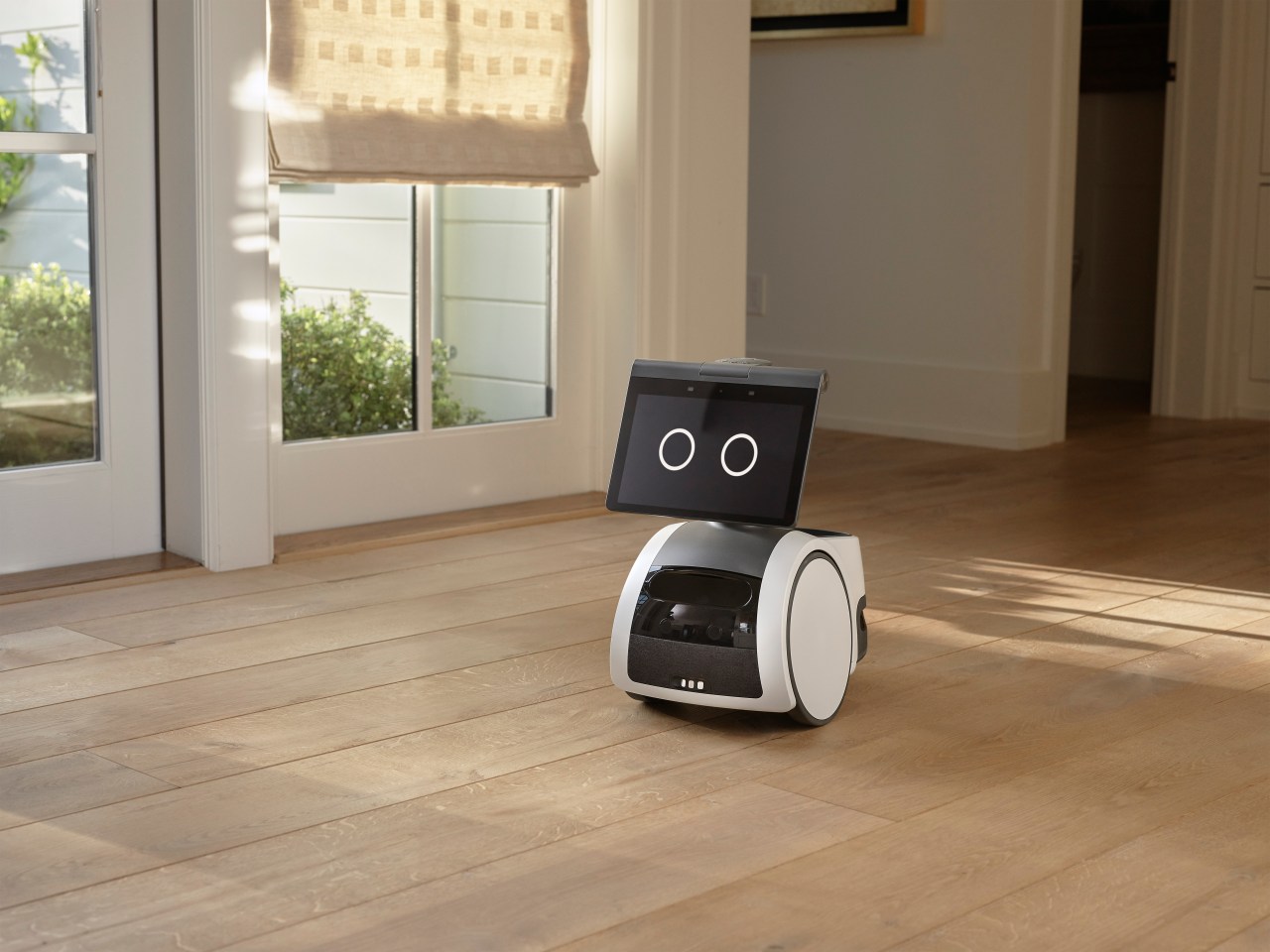As technology continues to evolve at breakneck speed, the way we interact with our smart devices is also changing. Once distant and unapproachable, these machines are now becoming more integral to our daily lives. A groundbreaking research study by MIT’s Media Lab highlights the potential for enhancing user engagement by giving smart home products a sprinkle of humanlike behavior. Could this be the next evolution in smart technology?
The Legacy of Jibo: A Learning Experience
While Jibo, the social robot, may have exited the stage in 2019, its legacy endures as a vital reference point for innovators and researchers. Jibo was designed to be more than just a gadget; it aimed to create genuine connections with users. According to MIT’s research, it seems that the idea of infusing technology with emotional intelligence and social cues is not only relevant but essential in crafting engaging smart products.
Human Gestures: The Key to Engagement
The study conducted at MIT indicates that introducing even simple human gestures can significantly enhance user interaction with devices. By utilizing features that mirror human behaviors—like turning a screen to maintain eye contact—devices can foster a deeper connection with users. As researcher Anastasia Ostrowski mentions, users perceived Jibo as “outgoing, dependable, and sympathetic,” leading to increased interaction. This draws attention to how perceived personality traits can play a crucial role in technology use.
Comparing Smart Devices: The Experiment
The MIT team explored user interactions with Jibo alongside conventional smart speakers like the Amazon Echo and Google Home. The participants revealed a noticeable difference in their engagement levels based on the social cues provided. When compared with Jibo, both Echo and Google Home were found to be less engaging, showcasing how humanlike attributes could tilt the scales toward better interaction. This hands-on comparison offers a refreshing lens through which to evaluate the future of home automation.
Looking Forward: More Complex Robots
The research opens up exciting avenues for future explorations. Products like Amazon’s Astro, which combines mobility with interaction, could easily integrate humanlike features, positioning themselves as more than just home assistants but as companions. However, when it comes to smart devices, sophistication often comes at a cost. The movement towards more humanoid interaction cannot be solely dictated by functionality—it needs to resonate emotionally with users.
The Other Side: Branding and Perception
Interestingly, the study also points out that branding influences how users perceive devices. If a product is associated with a positive brand image, users are more likely to engage. This implies that not only should devices adopt humanlike characteristics, but they should also embody the values and reliability associated with their brands, ensuring that users feel secure when interacting with them.
Conclusion: The Future of Smart Devices
The insights from MIT’s research offer a compelling argument for why smart devices should evolve beyond their mechanical nature. By incorporating human behaviors and emotional intelligence, these technologies can become essential companions in our lives, rather than simple tools.
As we look to the future, it is clear that the journey of blending technology with humanlike attributes is just beginning. At fxis.ai, we believe that such advancements are crucial for the future of AI, as they enable more comprehensive and effective solutions. Our team is continually exploring new methodologies to push the envelope in artificial intelligence, ensuring that our clients benefit from the latest technological innovations.
For more insights, updates, or to collaborate on AI development projects, stay connected with fxis.ai.

